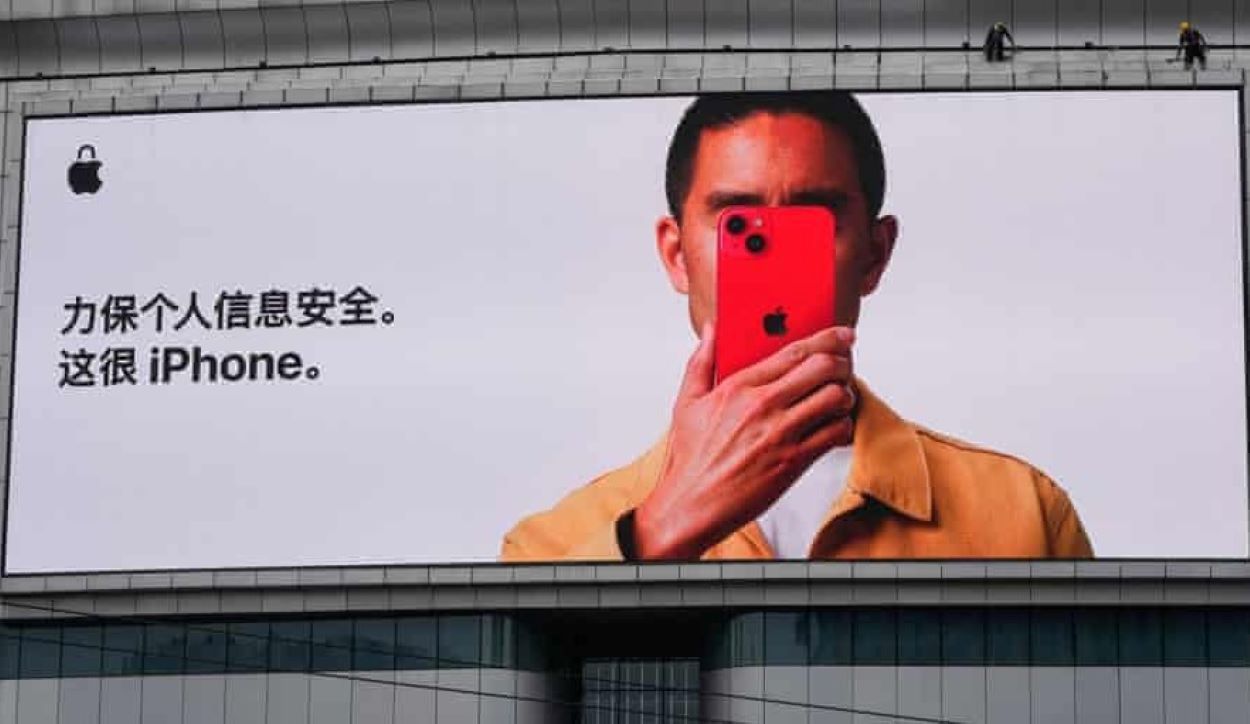In recent weeks, the Chinese government took a decisive step towards fostering self-reliance in technology by restricting central government officials from using Apple iPhones or other foreign-manufactured gadgets for official tasks. This prohibition, whose scope of enforcement remains unclear, aligns with China’s long-term initiative to diminish its dependence on foreign technologies and instead promote domestic alternatives. Initiated over a decade ago, these efforts intensified in 2020 when the Chinese leadership introduced the “dual circulation” growth strategy to reduce reliance on overseas markets and technology.
Escalating Sino-US Tech Tensions
This new restriction echoes similar moves in the United States, where Chinese tech giant Huawei and the popular short-video platform TikTok faced bans. Interestingly, China accounts for a substantial portion of Apple’s market, contributing to nearly a fifth of its revenue. This latest development might spark worries among foreign companies functioning in China, particularly in the backdrop of the escalating Sino-U.S. tensions.
As the US collaborates with allies to hinder China’s access to essential equipment for maintaining a competitive edge in the chip industry, Beijing is reciprocating by limiting consignments from leading US firms. US Commerce Secretary Gina Raimondo highlighted the increasing challenges US companies face in the Chinese market, labelling it as “uninvestable” owing to fines, raids, and other restrictive measures making business operations precarious. The exact enforcement mechanism and potential repercussions of this ban remain unspecified but indicate China’s growing inclination to limit the influx of foreign technology.






